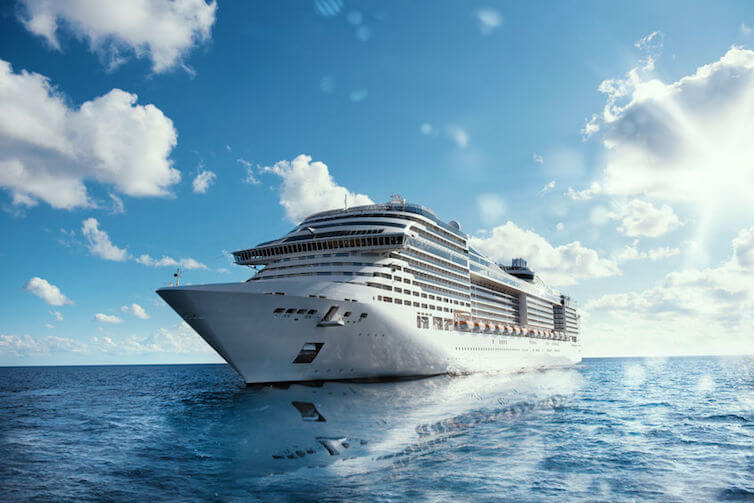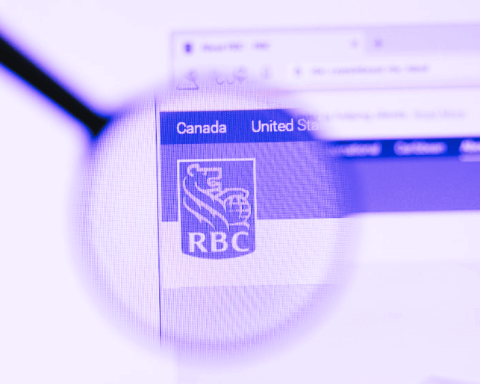Being stuck in a hot city all summer can make you daydream about vacationing on water. But can the world’s largest cruise companies lure conscious travellers and investors aboard with new plastic-free pledges?
Last week, Carnival Corporation, the industry’s biggest company with over 100 ships and 10 leading cruise brands, announced plans to significantly reduce its use of single-use plastics by the end of 2021. It’s welcome news. But it’s also just a month after Carnival agreed to pay $20 million in penalties for dumping plastic waste (and attempting to cover it up) into the ocean near the Bahamas.
That wasn’t the first time the company was caught behaving badly at sea. A court had already forced Carnival to pay a $40 million fine for illegally dumping oil in 2016.
Some advisors will tell you that cruise line stocks can help you profit from aging Baby Boomers. The $117 billion industry has been growing by 6.6% annually since 2010, according to Cruise Market Watch, and yes, that’s partly thanks to aging populations in North American and Europe. It’s also due to China’s strong emerging market and the fact that more millennials and young families are cruising. But cruise ships are notoriously heavy air and water polluters. A single cruise ship emits the same amount of lung-clogging particulate matter as a million cars. The heavy oil the industry uses (often called “bunker fuel”) emits high concentrations of sulphur dioxide—a major cause of acid rain and lung cancer.
Carnival had set some tepid 2020 sustainability targets back in 2016 and it says it’s on track to meet goals like a 25% reduction in CO2 intensity relative to a 2005 baseline, 5% water efficiency and 5% waste reduction. But a new report card from Friends of the Earth that ranks 16 cruise lines still gives Carnival a big fat F.
Another Miami-headquartered cruise line, Royal Caribbean Cruises (RCL), is in a similar boat, but landed a D thanks to better sewage treatment policies. That doesn’t mean Royal Caribbean Cruises is a good global citizen. Its sustainability report reads like a marketing brochure full of partnerships and platitudes. The report emphasizes incremental improvements like eliminating plastic straws, but glosses over major safety and emissions risks.
Curiously, Royal Caribbean has a dashboard of environmental goals for 2020 such as emissions reductions, sustainable sourcing and destination stewardship, but it doesn’t disclose targets or indicators.
Like Carnival, Royal Caribbean is buying three new ships that will be powered by liquid natural gas (LNG) fuel cells. These are slated to hit the ocean in 2022, 2024 and 2025. It’s part of the plan to meet the International Maritime Organization’s new low-sulphur regulations in 2020 while adopting an agreement that would see shipping companies reduce their carbon emissions by at least 50% from 2008 levels by 2050. But with more and more voices calling out LNG as the next coal, environmental organization Stand.earth suggests cruise lines switch from bunker fuel to low-sulphur diesel, not LNG. It sees it as a temporary fix, until alternatives like hydrogen fuel cells become more viable.
Pristine oceans, beaches and glaciers are at the heart of the cruise line business model—cruise companies should have a vested interest in sustainability leadership. The reality is both of these companies have leaky sustainability strategies, which could end up costing investors. Carnival Corporation has somewhat better transparency in its reporting but with a high carbon intensity, a poor CEO-to-worker pay ratio and a low tax responsibility, I wouldn’t blame sustainable investors for jumping ship.
Beta is a measure of a stock’s volatility in relation to the market. By definition, the market has a beta of 1.0, and individual stocks are ranked according to how much they deviate from the market. A stock that swings more than the market over time has a beta above 1.0. Lower beta means less risk.
Have a company in your portfolio that you want to replace with a more sustainable option? Write us an email or send us a tweet!
Tim Nash blogs as The Sustainable Economist and is the founder of Good Investing.









